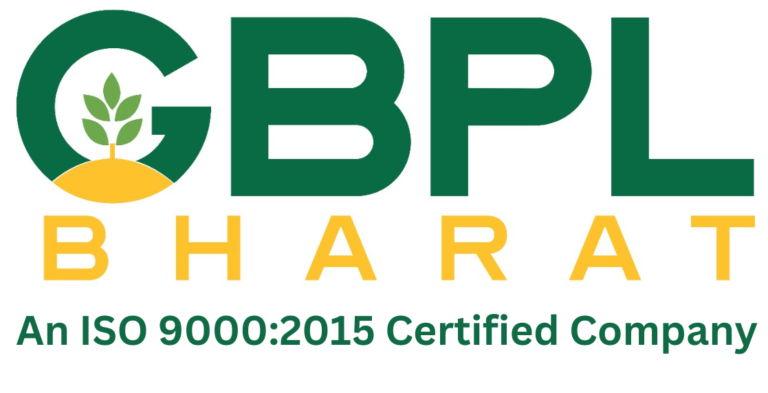What is Plant pathology
Plant Pathology is the science of studying plant diseases that renders the disease-management answers to the farmers. It ameliorates the disease-management approaches to attain food security and food safety for the world. Phytopathogens, with their rapid dispersibility and adaptiveness in variable domains, overcome all the active sources of disease management.
The practices of monoculturing and intensive inputs of agrochemicals serve as the selection pressures for the pathogen’s adaptation and evolution. Therefore with the understanding of the dynamic nature of the plant diseases, the outsmart management approach must be in line with the environmental-acceptability and circumstances prevailing in the agriculture field and markets.
A plant disease is any abnormal condition that alters the appearance or function of a plant. It is a physiological process that affects some or all plant functions. Disease may also reduce yield and quality of harvested product. Disease is a process or a change that occurs over time. It does not occur instantly like injury.
Infectious plant diseases are caused by living organisms that attack and obtain their nutrition from the plant they infect. The parasitic organism that causes a disease is a pathogen. Numerous fungi, bacteria, viruses, and nematodes are pathogens of corn and soybean in Iowa.
The plant invaded by the pathogen and serving as its food source is referred to as a host.


Comments are closed.